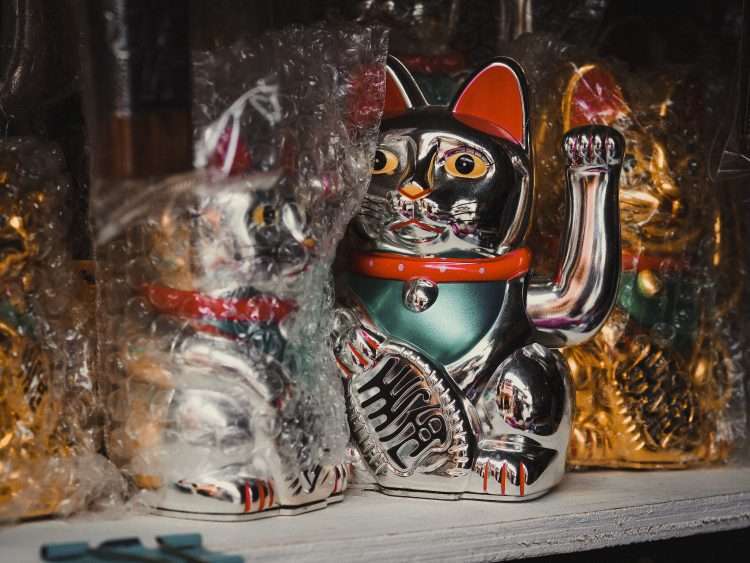Lucky Charms

The topic of lucky charms is an excellent theme of conversation for English learners as it offers a rich opportunity to practice vocabulary, express personal beliefs and engage in cultural discussions. Exploring different lucky charms introduces learners to a wide range of objects and symbols, fostering vocabulary expansion and enhancing their ability to describe and explain.
Additionally, discussing the significance of lucky charms allows learners to express their own beliefs and cultural backgrounds, encouraging critical thinking and providing insights into diverse perspectives. Overall, exploring lucky charms promotes language fluency, cultural understanding, and meaningful exchanges among English learners.
About Lucky Charms
Lucky charms have long fascinated cultures around the world, embodying the belief in supernatural powers and good fortune. These objects, often small and symbolic, hold the promise of protection, prosperity and positive outcomes. From four-leaf clovers to horseshoes, rabbits’ feet to lucky coins, lucky charms span diverse traditions and beliefs. Whether rooted in ancient folklore or modern superstition, they serve as tangible reminders of hope and optimism.
Universally cherished, lucky charms evoke a sense of mystery and enchantment, tapping into our innate desire for luck and a touch of magic in our lives.
Useful Vocabulary
Try and use the following vocabulary when answering the question. Click to look up the definition in the dictionary
Conversation Questions
- Do you believe objects can bring you good luck?
- Do you have any objects or similar items that you think give you good luck?
- What are some common lucky charms in your culture?
- Have you ever given a lucky charm as a gift?
- Do you think lucky charms bring more luck or simply boost a person's confidence?
- Should people rely on lucky charms for success or should they focus on their own efforts and abilities?
- Are lucky charms simply psychological placebos or do they possess actual supernatural powers?
- Should lucky charms be included in important events or ceremonies, such as weddings or sports competitions?
- Is it appropriate to sell lucky charms for profit, considering they are often associated with personal beliefs and spirituality?
- Have you ever seen a famous person who publicly admitted to having a lucky charm? How did you react?
- Do lucky charms perpetuate superstition and hinder rational thinking?

